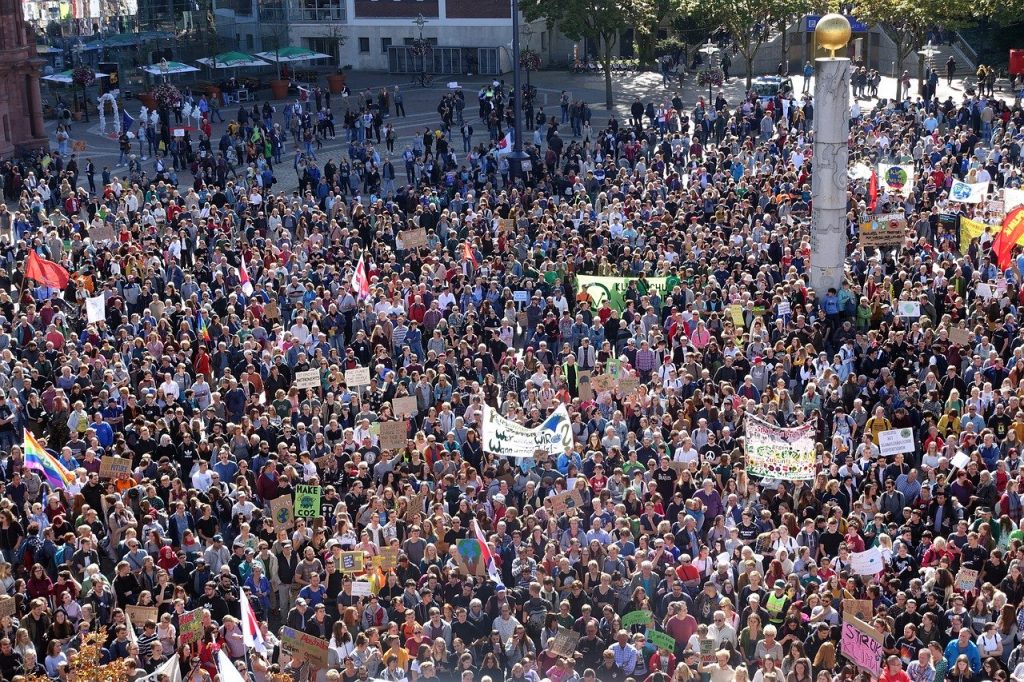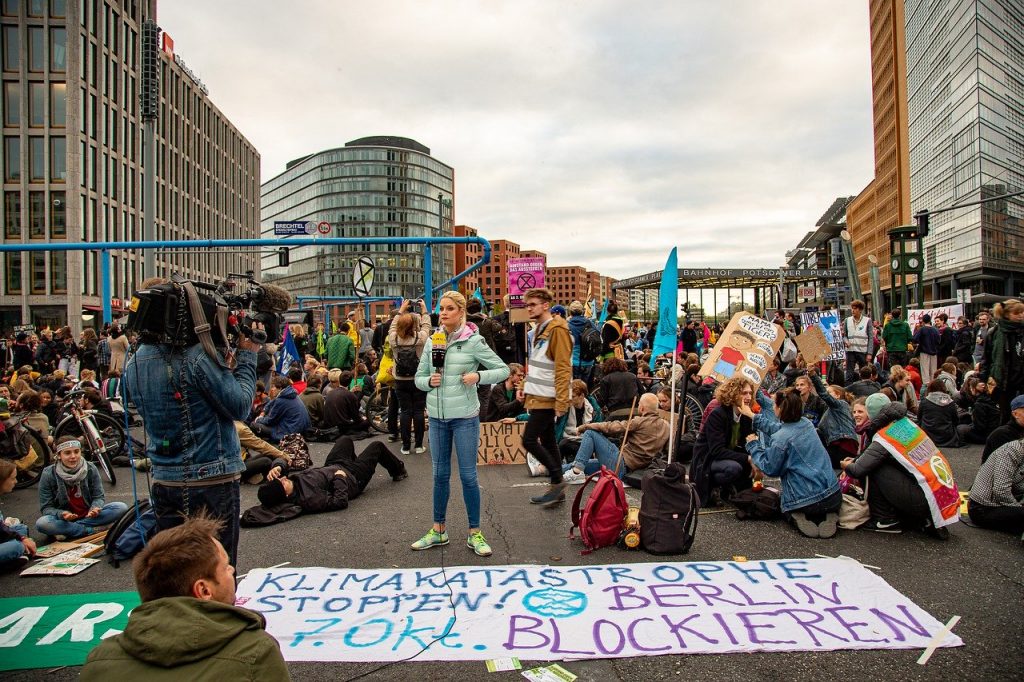German ‘Non-Word’ of 2019 Posted by Constanze on Jan 15, 2020 in Culture, Language
Linguists from the Technische Universität Darmstadt have decided on the German Unwort des Jahres (the ‘non-word of the year’) 2019. The Unwort des Jahres is ‘Klimahysterie’.
At the end of every year, the GfdS (German Language Association) picks a word for its Wort des Jahres (Word of the Year). This is a word that’s been highly discussed and prevalent in German society in the year just gone. You can read about the German Wort des Jahres here.
But another ‘word of the year’ also gets picked. Instead of being a Wort des Jahres, it is called the Unwort des Jahres. An Unwort is a non-word; a bad or negative word. The word selected to be Unwort des Jahres is often controversial. It is selected every year by a panel of linguists at the university in Darmstadt.
The 2019 Unwort des Jahres is die Klimahysterie, which translates to ‘climate hysteria’ (das Klima + die Hysterie). The word Klimahysterie was used a lot in politics this year, and was criticised for downplaying the severity of the climate crisis we currently face because, it was argued, the word reduces people’s efforts to combat der Klimawandel (climate change) and save the planet to nothing more than ‘hysteria’, when it is in fact a very serious issue.
Here are some guidelines for what sorts of words qualify to be Unwort des Jahres. They must meet at least one of the following criteria:
-
A term violates the principle of human dignity – such as Geschwätz des Augenblickes (gossip of the moment) in order to refer to cases of sexual abuse in the Catholic Church.
-
A term violates the principles of democracy – such as alternativlos (without any alternative) in order to refer to the attitude in political debates.
-
A term discriminates social groups, for example by inappropriate oversimplification or sweeping judgement – such as Wohlstandsmüll (wealth garbage) in order to refer to people who do not want to work or who are not able to work.
-
Euphemistic or misleading words – such as freiwillige Ausreise (voluntary exit) in order to refer to asylum seekers who will not leave the country voluntarily.

Build vocabulary, practice pronunciation, and more with Transparent Language Online. Available anytime, anywhere, on any device.






